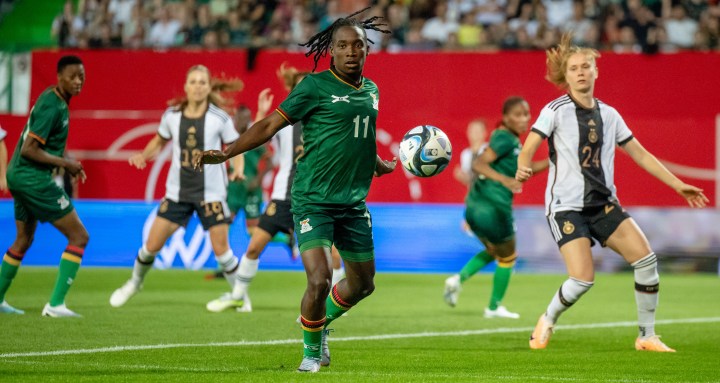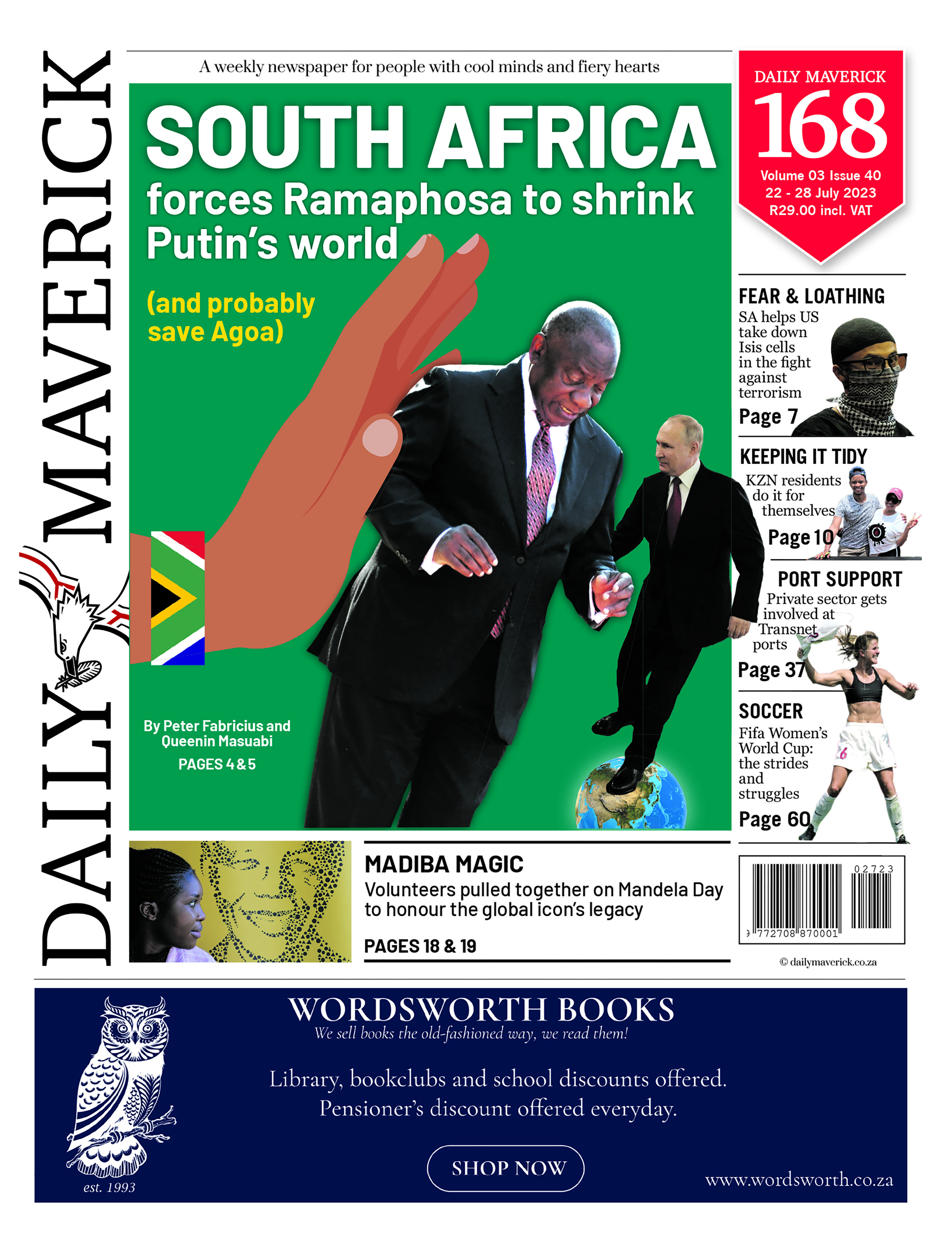SPORTS REFORM
Cheer the Fifa World Cup women, but don’t forget their off-field struggles

This Women’s World Cup promises to outshine others because of strides already made, but the players still need better support and pay.
The Fifa Women’s World Cup, which started on 20 July in Australia and New Zealand, is the largest women’s sporting event in the world. The Women’s World Cup allows elite women footballers to represent their country and compete at the highest level on the world stage.
With stronger competition, greater investment and a forecast of increased viewership and attendance, this year’s Women’s World Cup promises to be better than ever before.
Australia sold out its opening match (83,500 seats) and more than one million tickets had been sold heading into the week before the tournament started. More televised and streaming options mean there is far more opportunity to watch the games.
At least seven teams have a strong possibility to be crowned champions. Newcomers will try to upset the powerhouse US team, who are defending their title and trying to win three Fifa championships in a row.
In a friendly match leading up to the World Cup, Zambia won against one of the favourites, Germany. The unexpected victory signals there could be several compelling underdogs to root for this year.
For the love of the game
I cheer for Jamaica, Canada, Haiti, Zambia and Morocco. As a former midfielder, fan and black feminist scholar advocating gender equity in sports, I find there is much to love about football.
Also known as soccer in North America, it is the most beautiful game. It is simple and magical, and perhaps one of the most emotional sports.
Though 24 years have passed, I can still vividly recall US soccer player Brandi Chastain’s memorable celebration after she won the Fifa Women’s World Cup on penalty kicks in 1999.
This remains a moment of reckoning for both women’s football and women’s sports. Since then, football has grown exponentially with a host of women’s professional leagues in Europe and North America.
For the 2023 Women’s World Cup, there is more investment than ever before. The company Visa has stepped up to become the first official sponsor and Fifa has committed to pay each player at least US$30,000.
Teams representing Zambia, Haiti and Morocco, whose journey to the World Cup is both remarkable and inspirational, show the growth of the game internationally.
This year’s Women’s World Cup features a historic nine women coaches. There is also greater intent and focus on telling the inspirational stories of the women and their journeys to get to the World Cup.
Megan Rapinoe deserves her flowers in particular. As one of the most influential football players of our time, she will be retiring later this year.
She has provided a road map for girls and women not just to be heroes on the field, but also to be heroes for broader society by advocating for change on and off the field.
Can’t just ‘play through it’
In sport, there is a common saying: “Play through it.” This means that, regardless of the obstacles one faces, one must persevere and keep pushing forward to achieve one’s goal.
For women playing football in this year’s Women’s World Cup, there are issues and concerns they must play through. Unfortunately, most of these obstacles exist outside the corners of the football pitch.
The lack of funds for training and pay equity continues to be at the forefront.
Though playing for their country is a source of pride, players need their countries to provide better financial support at the very least equivalent to their male counterparts.
In June, the Jamaican team shared an open letter outlining the lack of support they received leading up to the World Cup. They have had to play through subpar training and playing conditions, disorderly travel accommodations and without contractually promised compensation.
The South African team recently refused to take to the field, expressing the failure of their football federation to provide the necessary training resources and pay equitably for the World Cup.
Women’s teams from Canada, England and Spain have also expressed concerns about pay equity and support disparities.
Sexual violence in sport
There are other conditions that women should never have to play through. Sexual harassment is one of the most pervasive forms of violence against women and it continues to be an ongoing and egregious issue in women’s sport.
The Women’s World Cup is no different and Fifa still has a lot of work to do to prove that it is prioritising the safety and wellbeing of women athletes.
For instance, there have been sexual misconduct allegations against Zambian coaches. These allegations were silenced, as the Zambian women’s team is on a winning streak and getting impressive results.
Sexual assault allegations have also been raised by the Haitian team.
I will watch with love for the game, but also with a critical eye towards equity and justice for the women playing.
Addressing the many systemic sexist issues is really the key to a successful Fifa Women’s World Cup. Women’s sport will be unable to reach its full potential while women and girls are still at risk of sexual violence.
Looking forward to 2027
How can we ensure a better Women’s World Cup in 2027? It must highlight the progress of women’s football outside the field, where women and girls are safe and free from verbal, emotional and sexual violence.
Players must have their countries invest in them and the next generation of girls ready to participate. A lot depends on what is done right now.
While we support and cheer for the women players in the World Cup, we must simultaneously advocate justice and protection for them and for continued reform in the women’s sports sector. DM
This article was first published by The Conversation.
Treisha Hylton is an assistant professor in the faculty of social work at Wilfrid Laurier University in Ontario, Canada.
This story first appeared in our weekly Daily Maverick 168 newspaper, which is available countrywide for R29.





















Comments - Please login in order to comment.